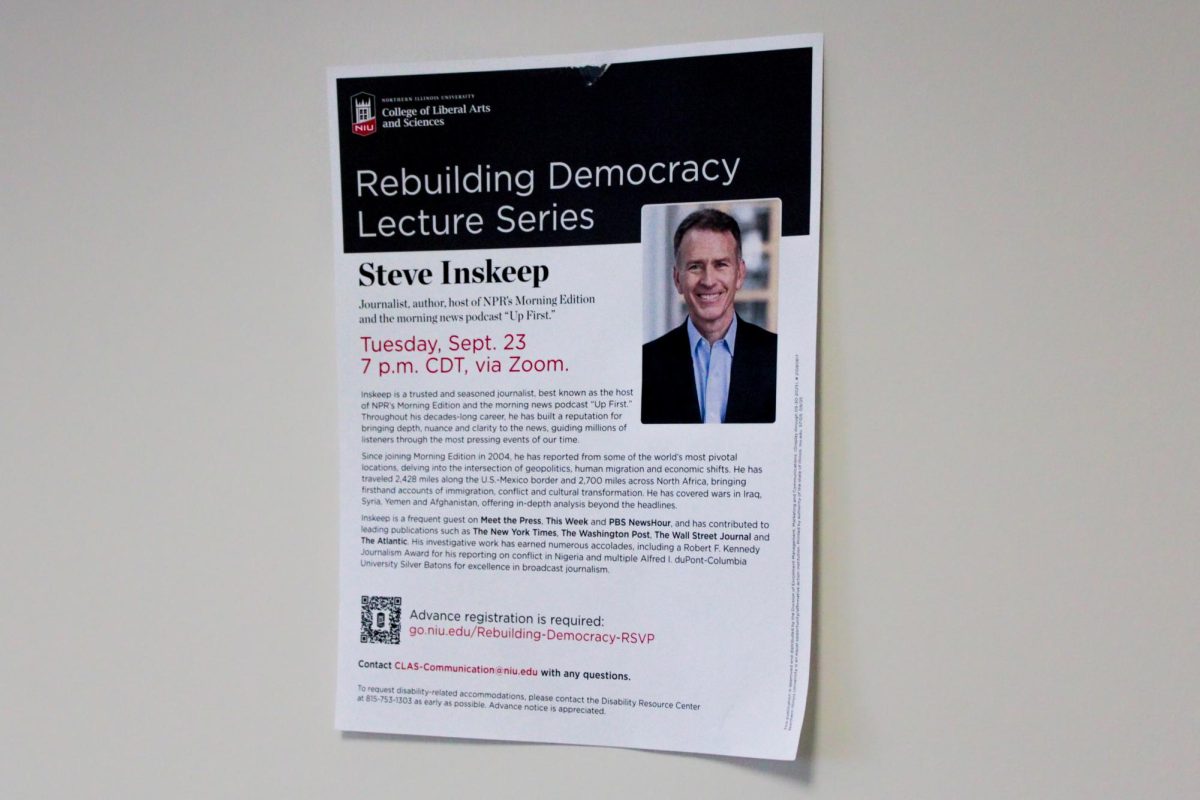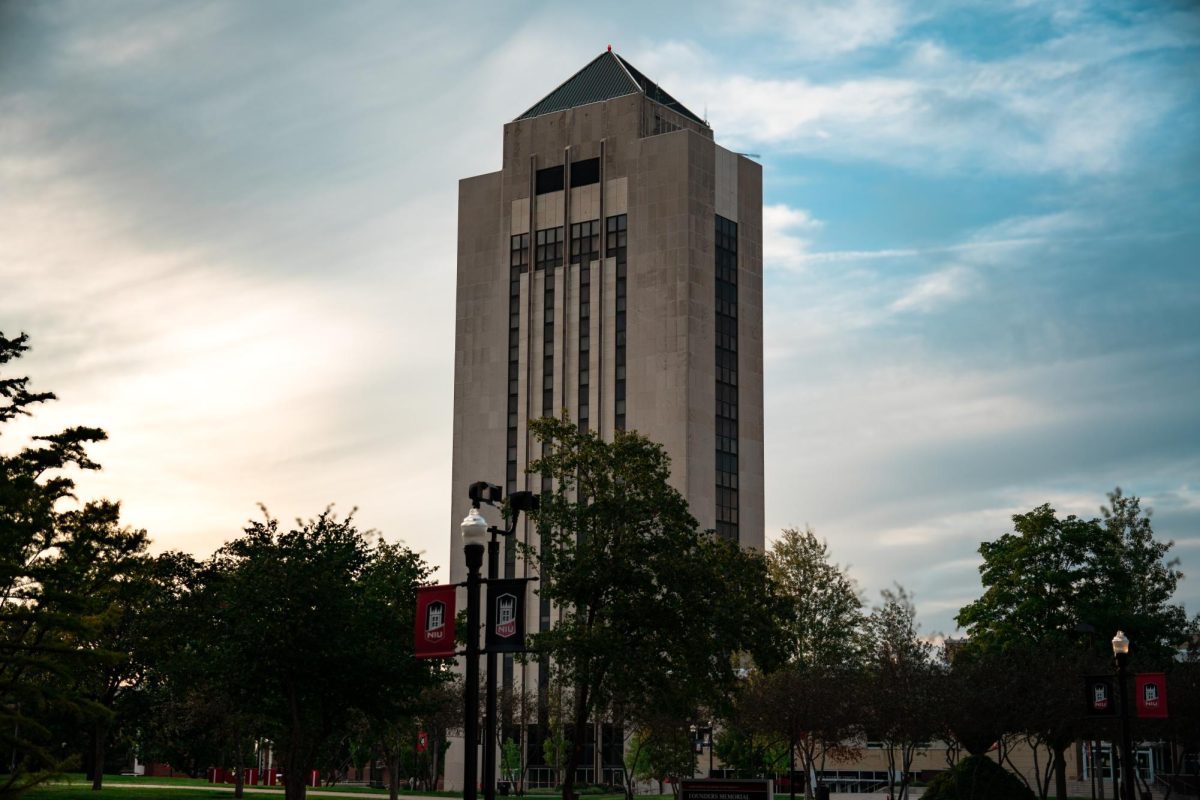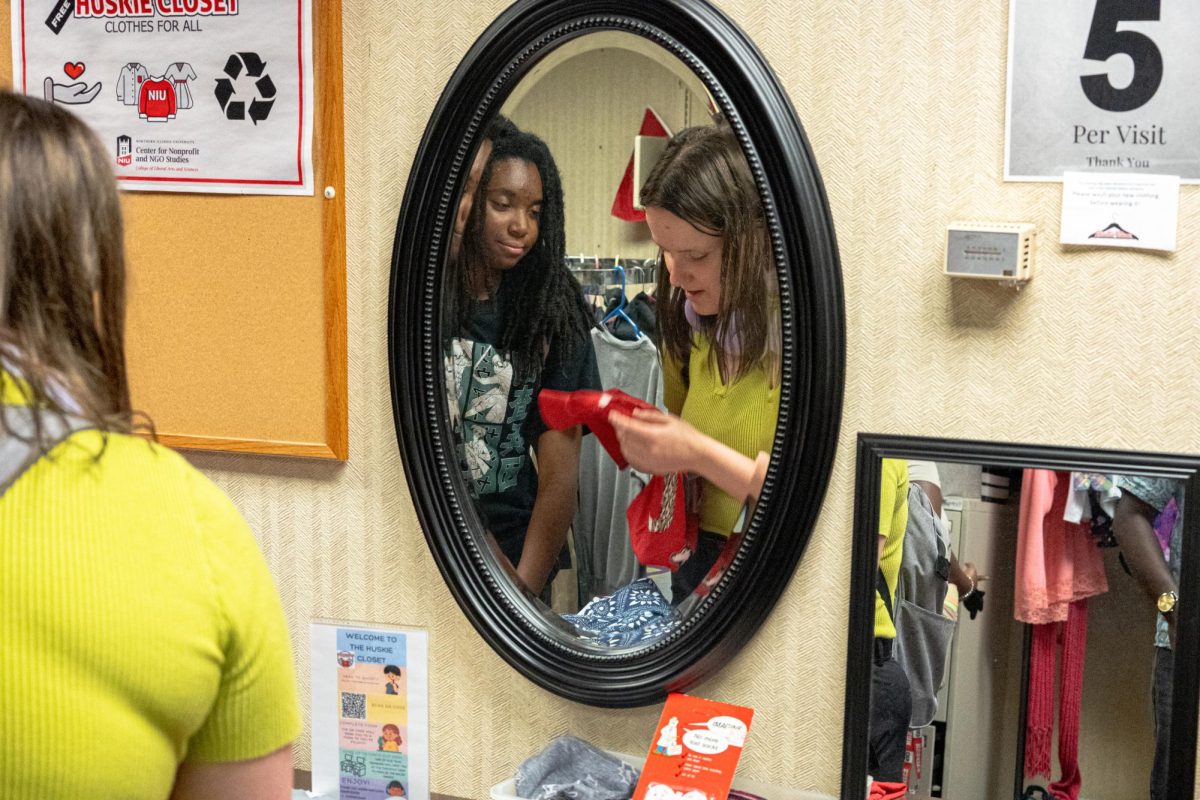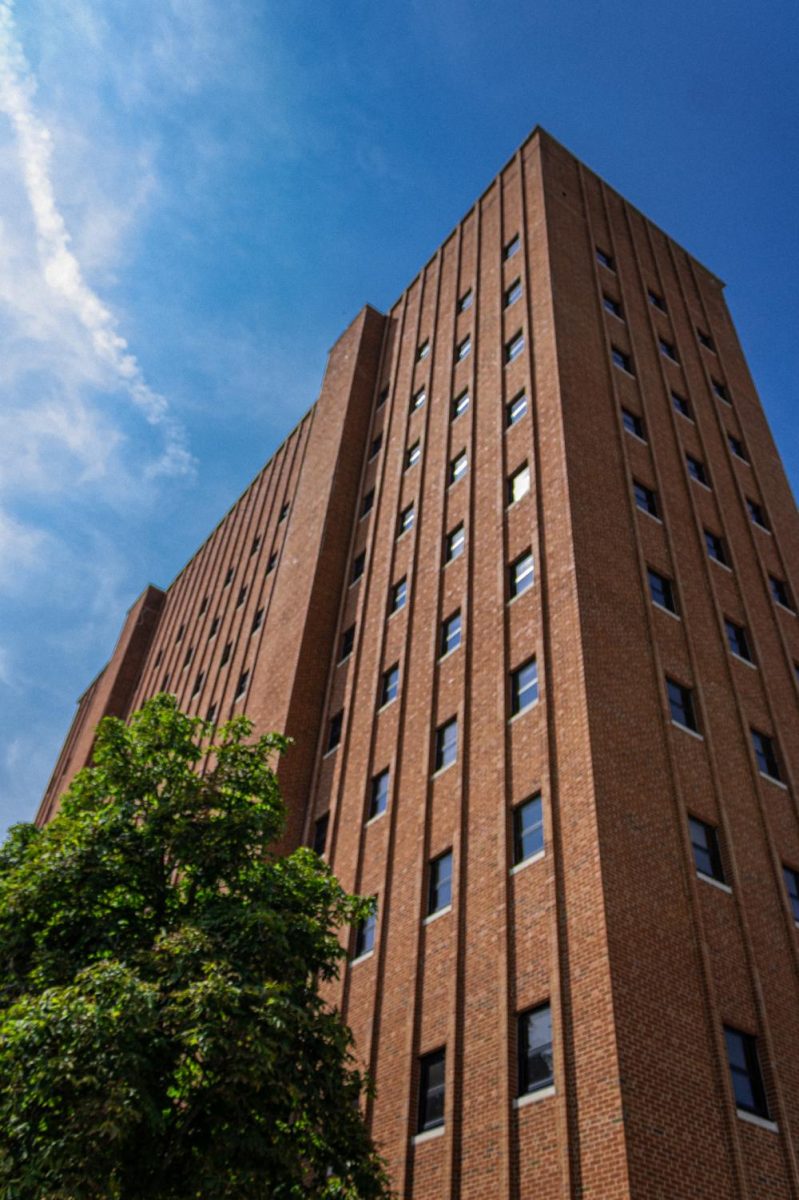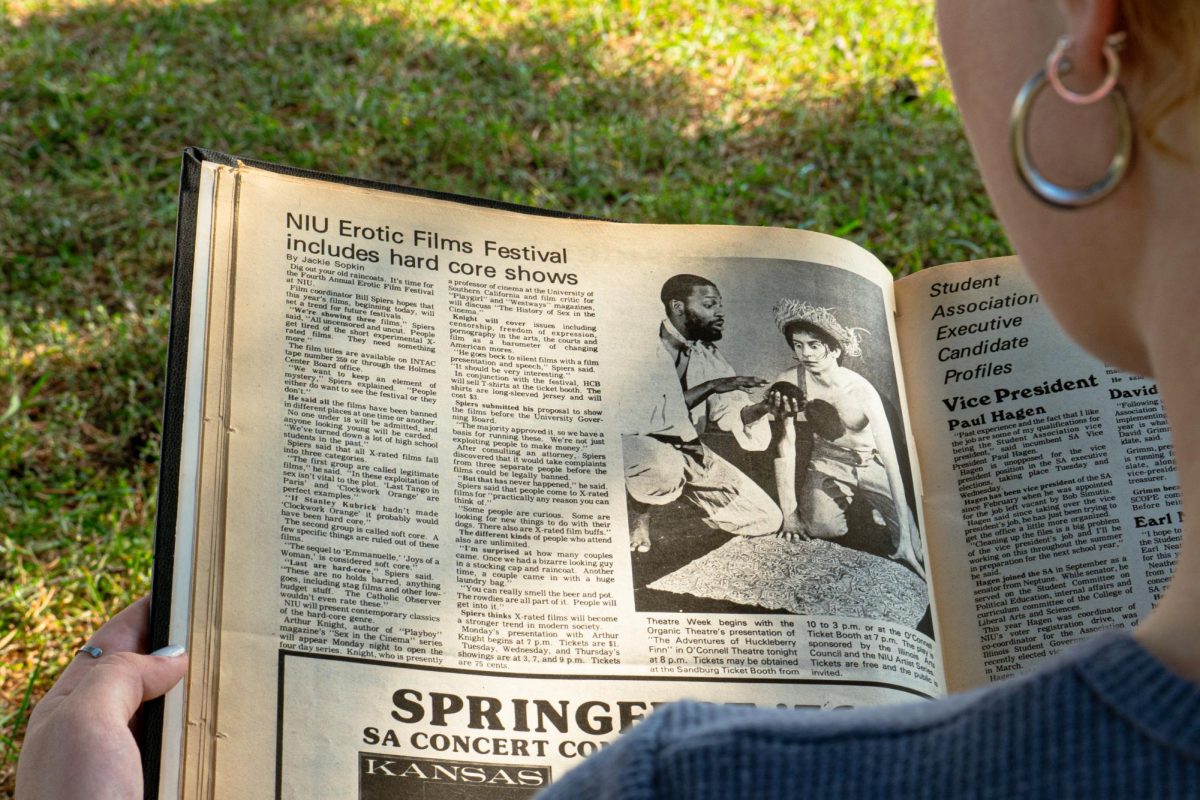DeKALB – The Rebuilding Democracy Lecture Series featured Steve Inskeep, an award-winning journalist, host of NPR’s “Morning Edition” and the morning news podcast “Up First,” on Sept. 23.
Dean of the NIU College of Liberal Arts and Sciences Robert Brinkmann co-hosted the virtual discussion. Inskeep and Brinkmann discussed the current state of democracy, the media and freedom of the press.
The discussion was followed by a Q&A section with questions from the audience on the same topics.
To Inskeep, democracy is an ongoing battle. He said when he thinks of democracy, he thinks of another word: Republic.
“We’re in a republic, where power is divided, where there are checks and balances and we’re in a period where those checks and balances are being challenged, where we are being asked the question again, not only what to do, but who gets to decide,” Inskeep said.
Inskeep said he values people’s opinions, and they are more mixed than people acknowledge when it comes to President Donald Trump.
“In any case, we’re in a situation where the president is seizing a lot of power,” Inskeep said. “Even a lot of conservatives would say that the Congress has sat down … has been subservient to the president, and that’s a widespread view that I hear from conservatives, as well as liberals.”
A part of upkeeping a democracy is the right to free speech, according to Inskeep. He said that in the last week, there has been a huge battle online about free speech following ABC’s decision to pull “Jimmy Kimmel Live!” off the air.
“Congress realized that regulating free speech, which is basically what’s happening there, is very dangerous, so they put it in charge of an independent bipartisan commission,” Inskeep said.
During the conversation on Kimmel, Brinkmann asked if Inskeep senses a state of optimism or pessimism regarding the current state of press freedom. In response, Inskeep said he doesn’t feel silenced at all and he knows people may be shocked by that.
“On the national level, we’re continuing. Local stations, for the most part, are continuing,” Inskeep said. “A lot of them who are in financial difficulty are going to be very soon, have begun entering talks. How can they merge with other stations? How can they combine forces?”
According to Brinkmann, It is more important than ever to have clear conversations with people because these conversations help build a healthy democracy.
In the world today, Inskeep said there are steps to creating civil discourse. Those steps include taking time away from screens, paying attention to what people are actually saying and asking questions.
“I’m not saying that this is like a magical solution that you will suddenly like everyone. But I think in a great many instances, you will at least understand where they’re coming from,” Inskeep said.
Inskeep’s most recent book, “Differ We Must,” is the story of Abraham Lincoln’s political strategy in a divided America, his willingness to disagree and his ability to unite a nation.
Brinkmann said the story is parallel to the democracy we live in today.
“What lessons do you think current leaders could learn from Lincoln?” Brinkmann said.
In response to Brinkmann’s question, Inskeep says there needs to be more coalition building. By coalition, he means a strategic process where different groups, organizations or individuals form alliances to achieve a common goal.
“It’s democracy. And if you want your side to prevail in a democracy, you need a majority, and in a big, diverse country, that means you are most likely to have to build coalitions with different kinds of people,” Inskeep said.
The next Rebuilding Democracy lecture will take place virtually with Illinois Senate Minority Leader John Curran on Nov. 12.


